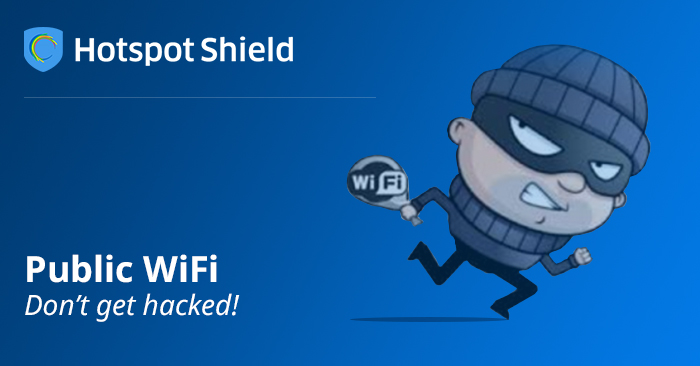How to get a Finnish IP address
The easiest way to improve your digital privacy is to switch your IP address using a VPN. We’ll …


It’s relaxing to sit in a coffee shop, plug in your laptop, and get to work while you sip on a delicious cup of joe. However, it might not be so relaxing when you think about the threats you open yourself up to as you sign onto that coffee shop’s public Wi-Fi network. The next time you’re tempted to send your sensitive information over a public Internet connection, think about the dangers and take steps to protect yourself.
Crackers, or criminal hackers, love public Wi-Fi. While there are numerous different ways the bad guys can take advantage of your fondness for free Wi-Fi, the following are some of the most common attacks.
You’re sitting at the airport waiting for your flight, and the list of available networks on your device contains both “Airport Wi-Fi” and “Airport Terminal Wi-Fi.” Both networks offer a strong signal, and you see other people around you glued to their devices, probably connected to one of the networks. Either network should be safe, right? Wrong.
Hackers may set up dummy Wi-Fi networks, hoping you’ll connect. If you do, the bad guy will then be able to see everything you’re doing online. The result could be identity theft, contraction of viruses, or monetary loss.
Even if you’re connected to the correct Wi-Fi network, hackers might be connected to the same network. These public connections are usually unencrypted, which means that when you log in, you’re pretty much giving cyber villains an invitation to snoop on your browsing activities.
Many websites have encryption that provides something of a safeguard for your passwords and account information. However, a hacker could direct you to a dummy website that looks almost exactly like a website that you regularly visit. If you’re not careful, you could enter your information on that site, effectively handing it on a silver platter to someone who wants to steal your identity.
Network World explains third-party data gathering: “Often the biggest breaches of privacy are performed by the very establishments offering free Wi-Fi. Sometimes Wi-Fi is used to identify potential customers who are located in the vicinity of the access point, and sometimes it’s used to track the websites that a user visits for statistical or advertising purposes.”
This type of information gathering won’t compromise your online safety, but it can still make you feel that your privacy has been violated.
Fortunately, it isn’t too difficult to enjoy the perks of public Wi-Fi without compromising your personal data:
There are also some things to avoid while you’re on public Wi-Fi:
Public Wi-Fi is a useful tool that can save you from boredom and help you be productive while you’re out and about. Even so, use it with caution, or you could end up as the victim of a cyberattack.
